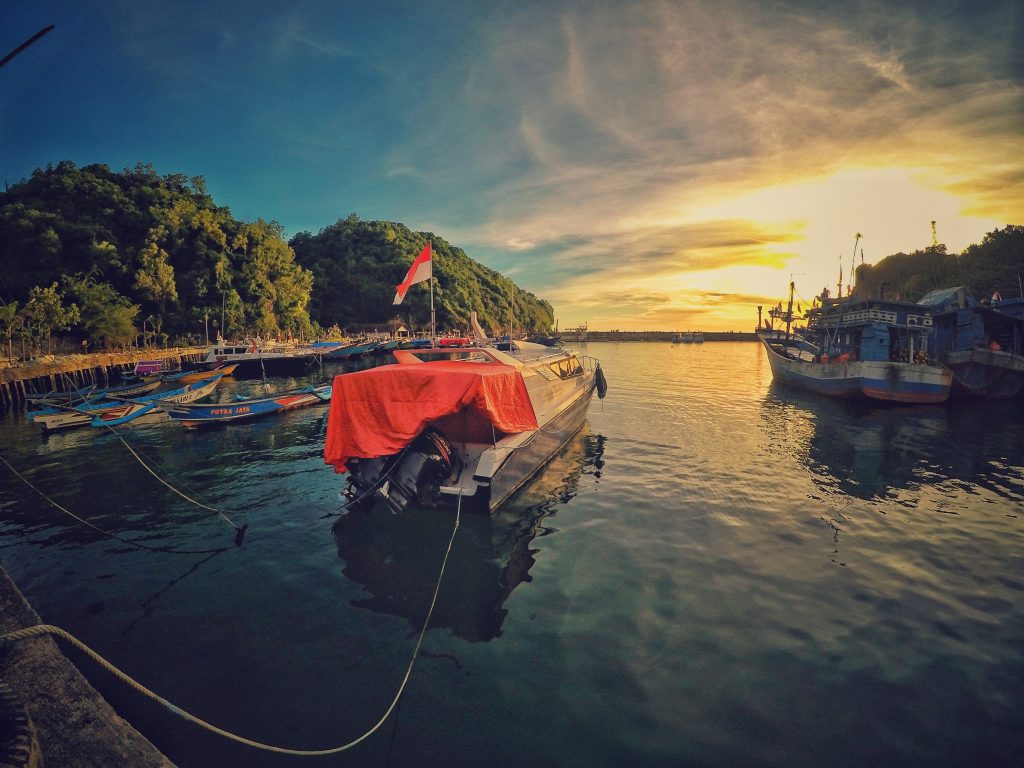By: Afifah Putri Ningdiyah, S.H.
Hi Selaras mates!
Hope you’re all feeling good and happy. Now, author will share a little bit about foreign policy in this country since one of the ‘founding fathers’, Soekarno. Without further ado, happy reading mates!
Since the frustrated Communist inspired coup of September 30 in 1965, which led to the fall from power of Soekarno (Sukarno), the first President of Indonesia, and at the same time was the celebration of executive authority of General Suharto, Indonesia’s relations with the rest of the world have undergone some notable changes. Yet at the same time, Jakarta officially have often attempted to create the impression that little or no alteration has occurred in fundamental and long established principles of their nation’s foreign policy.
In August 17, 1945 Sukarno and Moh. Hatta proclaiming Indonesia’s independence from the hands of the colonialist, and has brought this nation to the new era. The day after, which August 18, 1945, Indonesia determined the direction of their foreign policy through preamble of The 1945 Constitution that Indonesia obligated “to contribute to the establishment of a world order based on freedom, abiding peace, and social justice”. Therefore, a foreign policy known as Free and Active Politics (Politik Bebas-Aktif) was born.
The application of Bebas Aktif Politics during the Guided Democracy period was revolutionary and radical. In the journal Foreign Policy during Guided Democracy (2018) by Sandi Dwi and Corry Liana, the characteristics of Indonesia’s foreign policy are strength and firmness. The diplomacy that Indonesia proposed must be realized and it’s a demand that focused on the achievement of national interests.
The Constraints of Bebas Aktif Politics
In 1952, Bebas Aktif Politics was being tested, when it was discovered that the Minister of Foreign Affairs, Achmad Subardjo, made an agreement on military and economic assistance from the United States (USA), represented by USA ambassador, Merle Cohran. As a result, Indonesia must comply with the regulations which contained in the mutual security. Clearly, at that time Indonesia is wedded to the position that any commitments with the foreign, should be avoided as much as possible.
The Characters of Foreign Policy Bebas Aktif
The characters of Bebas Aktif Politics which revolutionary and offensive can be seen through the policies of the Indonesian government in international conflicts, such:
- The Return of West Irian;
- New Emerging Forces Politics (NEFOS);
- The Confrontation between Indonesia and Malaysia;
To fight Neo-Imperialism, Sukarno decided to leave the United Nations and conduct Dwikora operation against Malaysia.
Bebas Aktif Politics became the utopia that gonna build by Sukarno and Hatta. Their inconsistency to defined Bebas Aktif Politics become the idealistic banquet they have built.
Seeing the sour-salty activities of Indonesia’s foreign policy, there are some successes of foreign policy in Sukarno era, such the Netherlands recognized Indonesia’s Independence through ‘Meja Bundar’ conference in 1949 at Den Haag, Netherlands. Indonesia also became the initiator of the establishment of political lighthouse (politik Mercusuar) that accommodates former colonial countries in Asia and Africa in GANEFO (Games of The New Emerging Forces) and CONEFO (Conference of The New Emerging Forces) and many more successful Indonesia’s foreign policy since Sukarno era.
And that’s it about foreign policy since Sukarno. If you all interested of any other good law article, you can visit Selaras Group website. See you in the next article!
Source:
Justus M. van der Kroef, Indonesian Foreign Policy Since Sukarno, II Politico, GIUGNO, Vol. 35, No. 2, 1970.
Kompas.com, Politik Luar Negeri Indonesia Masa Demokrasi Terpimpin, https://www.kompas.com/skola/read/2020/11/03/142211469/politik-luar-negeri-indonesia-masa-demokrasi-terpimpin?page=all, diakses pada tanggal 3 November 2020.
Peter Kasenda, Politik Luar Negeri Era Soekarno, Cet. 1, Komunitas Bambu, Depok, 1965.
Sumber Gambar:
pexels.com
Editor: Siti Faridah, S.H.




